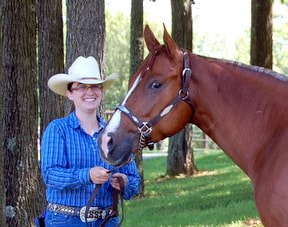Poll Recap: Concerns About Equine Mosquito-Borne Diseases
We’ve all heard it: that annoying buzzing sound at dusk as your bringing horses to the barn. The heat and humidity of summer provides peak conditions for mosquitos to flourish and wreak havoc on horses and their owners.
These insects aren’t just annoying—they can also transmit several potentially deadly diseases that affect both you and your horses. In last week’s online poll, we asked our readers which equine mosquito-borne disease concerned them the most. More than 250 people responded, and we’ve tallied the results!
Of the 274 respondents, 201 (73%) said they are most concerned about West Nile virus (WNV), and another 49 individuals (18%) are most concerned about Eastern equine encephalomyelitis (EEE). Some 16 people (6%) said they’re most worried about Western equine encephalomyelitis (WEE), and the remaining eight respondents (3%) find Venezuelan equine encephalomyelitis (VEE) the most concerning
Create a free account with TheHorse.com to view this content.
TheHorse.com is home to thousands of free articles about horse health care. In order to access some of our exclusive free content, you must be signed into TheHorse.com.
Start your free account today!
Already have an account?
and continue reading.

Written by:
Jennifer Whittle
Related Articles
Stay on top of the most recent Horse Health news with












